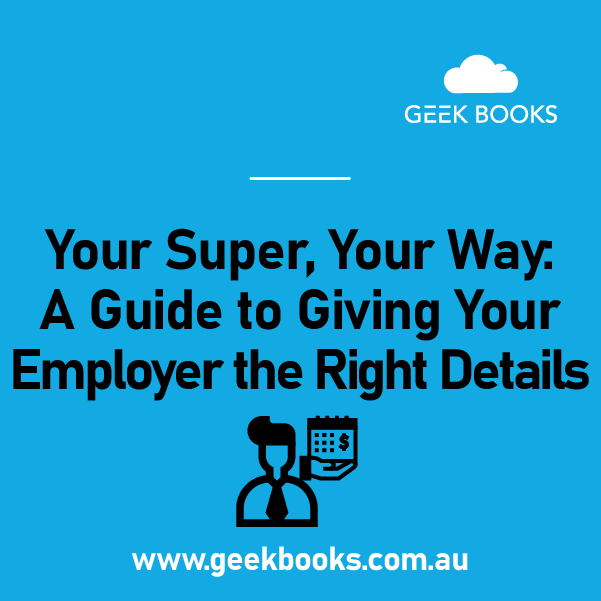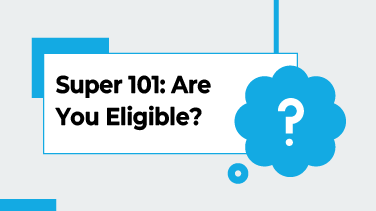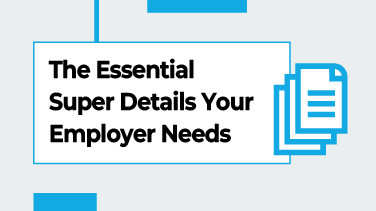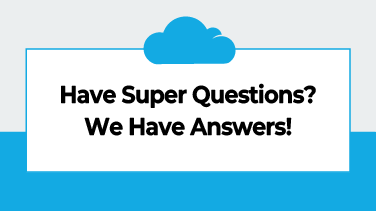Starting a new job is exciting—new colleagues, challenges, and a fresh start!
But don’t overlook your super.
Sorting it out from day one can set you up for a better future. A comfortable retirement starts with smart contributions now.
In Australia, superannuation is essential for your financial well-being.
It’s the money your employer pays into a superfund to support your retirement.
But it’s not “set and forget”—you need to make sure your super works for you.
This guide covers what super details to give your employer, how to pick the right fund, and how to keep track of your super.
Let’s get it set up so you can focus on succeeding in your new role!
Super 101: Are You Eligible?
Understanding your superannuation eligibility is key.
Here’s a quick overview:
- Who’s eligible?
All employees over 18 years of age are entitled to super contributions, the amount of their earnings is not relevant.
Employees below 18 years of age only receive super on their pay if they work for more than 30 hours in a week.
- What about casual workers?
Yes, casual, part-time, and temporary workers are covered too.
- How is super different from tax?
Super contributions are separate from your wages and taxes.
While tax is deducted from your income, super is a long-term investment for your retirement, paid by your employer in addition to your salary.
For the latest details and specific scenarios, check the Australian Taxation Office (ATO) website.
Starting a New Job? Your Super Choices
Starting a new job means you have choices regarding your Australian superannuation.
You’re not locked into a single option, and understanding your rights is crucial.
These are your key options:
- Staying with your existing super fund: If you’re happy with your current super account, you can simply provide your new employer with your existing fund details. This is often the easiest option, especially if you’ve already done your research and are satisfied with your fund’s performance and fees.
- Choosing your own super fund: You have the right to select any superfund you prefer. This allows you to tailor your super to your specific needs and investment preferences. Researching different funds and comparing their fees, investment options, and performance is essential to making an informed decision.
- Having your employer choose a default fund: If you don’t provide your employer with your super details, they’ll contribute to their nominated default fund. While this ensures you’re still receiving super contributions, it might not align with your personal financial goals.
Pros and cons of each option:
- Staying with your current fund offers continuity, but ensure it still meets your needs.
- Choosing your own fund gives you control but requires research.
- The default fund is convenient but may not be optimal.
Making an informed decision:
Choosing the right super fund is vital because it can significantly impact your retirement savings.
Consider factors such as fees, investment options, insurance coverage, and customer service.
Potential for lost super:
If you don’t choose a super fund, your employer will likely put your contributions into a default fund.
If you change jobs and still don’t choose a fund, you could end up with multiple super accounts. We’ll cover this in more detail later.
The Essential Super Details Your Employer Needs
Make sure your super contributions are correctly allocated by giving your employer the following:
- Super Fund Name: The official name of your fund.
- Australian Business Number (ABN): Your fund’s unique business identifier.
- Unique Superannuation Identifier (USI): The specific code for your fund’s product.
- Personal Super Number: Your personal account number within the fund.
- Tax File Number (TFN): While not strictly a “super detail,” providing your TFN helps avoid extra tax on your contributions.
How to provide this information:
- Use a Standard Choice form: This is a form provided by your employer or the relevant authority to submit your information. Ensure you complete all required fields accurately.
- Utilise your employer’s online portal (if available): Many companies have a secure online portal where you can update or submit these details directly. Check your employee handbook or contact HR if you’re unsure how to access it.
- Provide the details directly to HR/payroll: If the above options aren’t available, you can give the information to your HR or payroll department in person or via email. Confirm any required documents or formats beforehand.
Make sure all your information is accurate to prevent delays or errors.
Tip: Keep a personal record of your super details for easy access.
What Happens if You Don’t Provide Your Super Details?
Failing to provide your super details means your employer will contribute to their default fund, which might not be the best option for you.
Default funds often have higher fees and limited investment choices, which can slow the growth of your super balance and reduce your retirement savings.
To avoid this, provide your preferred super fund details as soon as possible.
Don’t Let Your Super Get Lost!
Keeping track of your super is crucial to maximise your retirement savings.
Many people end up with multiple super accounts after switching jobs, leading to extra fees and duplicate insurance premiums that eat into savings.
Consolidating your super into one account simplifies management and cuts unnecessary costs.
The ATO’s online services allow you to find and combine your super, including any lost or unclaimed accounts.
Get started with the ATO’s lost super search tool here.
Have Super Questions? We Have Answers!
Starting a new job is exciting and a great time to sort out your superannuation.
In this blog, we’ve covered key steps to take control of your retirement savings—like giving your employer your super fund details, consolidating accounts to reduce fees, and using ATO tools to find lost funds.
A little effort now can go a long way in growing your super and securing your future.
Still have questions or need expert guidance?
GeekBooks is here to help! Our team delivers personalised bookkeeping and financial services to help you take control of your super and simplify your finances.
Why stress over numbers when we can handle it for you?
Contact us today and let GeekBooks make managing your super simple and stress-free!






